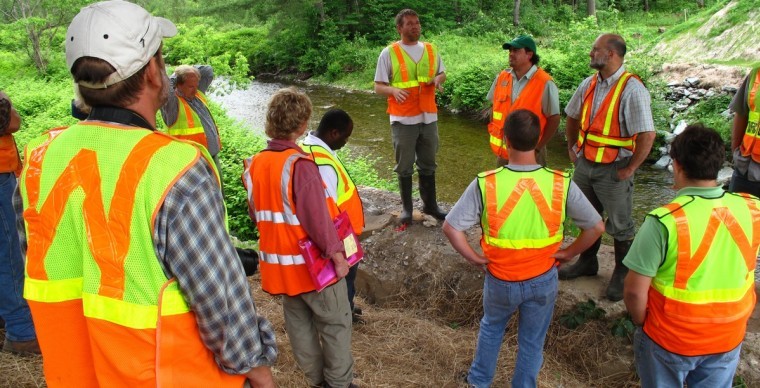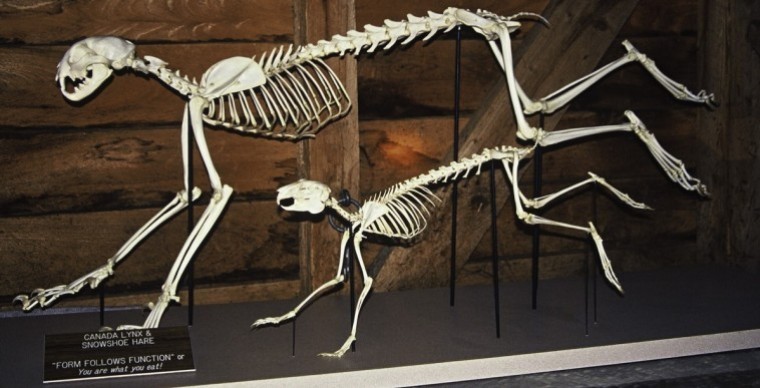Mission
Keeping Track is a non-profit organization that was established in 1994 by Susan C. Morse to address the challenges of habitat fragmentation affecting wildlife populations. The organization trains volunteers to monitor wildlife habitats and raises awareness about the ecological health of critical areas through community involvement in tracking and data collection. Keeping Track engages communities in understanding wildlife needs, advocating for conservation, and making informed decisions regarding land use and wildlife management.
Basic Information
Tax-Exempt
Founded in
Not Reported
EIN
03-0345117
Total Assets
$110.7 thousand
UN Sustainable Development Goals Supported
This organization contributes to the following United Nations Sustainable Development Goals. See the SDG page for more information.
Showing 2 of 2 goals
At a Glance
Wildlife Monitoring Programs
Engaging communities in monitoring and documenting wildlife tracks and signs.

Habitats & Highways
A program that focuses on making roads safer for wildlife and people.

Community Education
Inspiring understanding and appreciation of wildlife needs in local communities.
Impact Stats
32000
Acres conserved
Habitat Conservation Impact
Data collected by citizen volunteers has influenced the conservation of over 32,000 acres across various states and in Quebec.
thousands
Volunteers trained
Community Training and Engagement
Thousands of volunteers have been trained in wildlife monitoring techniques, creating a broad base of citizen scientists across several states.
1
Conservation projects initiated
Influential Conservation Projects
Significant projects such as the Chittenden County Uplands Conservation Project have promoted conservation efforts involving multiple stakeholders.
Our Programs
Wildlife Monitoring Programs
Community-driven monitoring initiative to track and document wildlife habitats and trends.
Learn More
Habitats & Highways
Training transportation and wildlife specialists on the significance of habitat connectivity.
Learn More
Community Education
Educational programs and workshops for community members to foster understanding of wildlife needs.
Learn MoreRelated Nonprofits
2nd Chance to Shine Inc.
Animal Care
Animal Nonprofit SupportMinnesota Federated Humane Societies
Animal Care
Animal Nonprofit SupportKeeping Track Inc.
Animal Care
Animal Nonprofit SupportHigh Desert Strategies Inc.
Animal Care
Animal Nonprofit SupportNational Ranch and Stock Horse Alliance
Animal Care
Animal Nonprofit Support